SUSTAINING ENGAGING PLACES FOR A BETTER LIFE
We have entered a new era of digital realism.
Our way of living is undergoing a profound change.
Space, time and agent are inevitably interrelated with the data.
There is no longer an identification between space and function and this makes us question all the traditional identification pillars:
office-work, shop-purchase, school-learning, hospital-care, museum-culture, etc.
There is no longer a division of our living times into distinct compartments – free time/work/personal.
Life has become a flow of moments of experience happening at the same time; instances which mix up our existences
and challenge our ability to concentrate on the inner-self, here and now.
Imagine a world where the physical and digital create an ecotone which constantly overlaps.
We conceive places where people and things cooperate, learn and evolve in harmony.
eFM supports living new experiences in this world.
eFM was created in 2000 with the aim of innovating the real estate market by improving processes. The purpose of our work is to reduce costs, mitigate risks, thereby increasing the value of the property.
We then decided to undertake the digitization of the real estate to be able to design, manage and monitor the services, guaranteeing their quality by integrating all the different players of the market on a single platform (owner, provider, user, designer, developer).
The breakthrough in digital transformation and the mass introduction of smart devices, wearable and IoT now make it possible to connect services and processes in real time to the concrete experience of the people.
Our commitment today is to increase the well-being, productivity and engagement of each person in the places in which he/she lives daily.






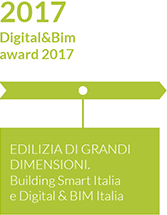
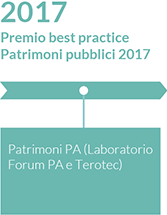

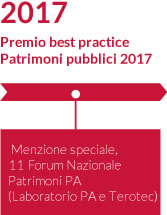

 |
 |
 |
 |
 |
 |
 |
 |
 |
 |
 |
 |
 |
 |
 |
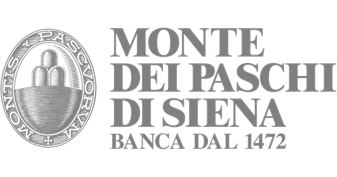 |
 |
 |
 |
 |
 |
 |
 |
 |
 |
 |
|
 |
 |
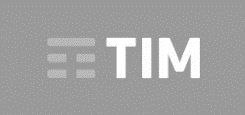 |
|
|
 |
 |
|
 |
|
 |
 |
 |
|
 |
 |
 |
|
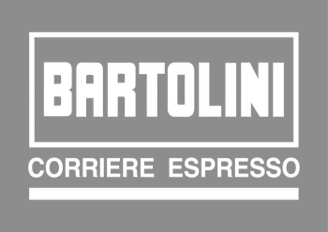 |
 |
 |
|
 |
 |
 |
|
 |
|
 |
 |
 |
 |
 |
 |
 |
 |
 |
 |
 |
 |
 |
 |
 |
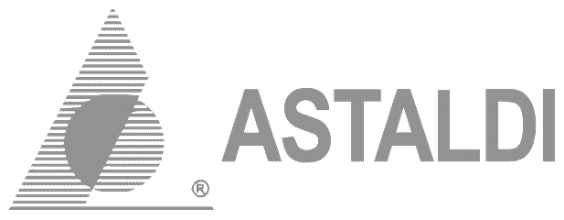 |
 |
 |
 |
 |
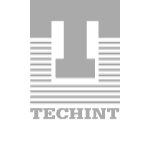 |
 |
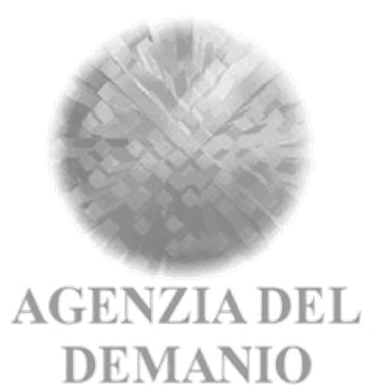 |
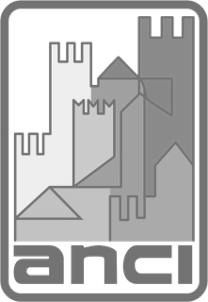 |
 |
 |
 |
 |
 |
 |
 |
 |
 |
 |
 |
 |
 |
 |
 |
 |
 |
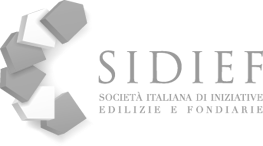 |
 |
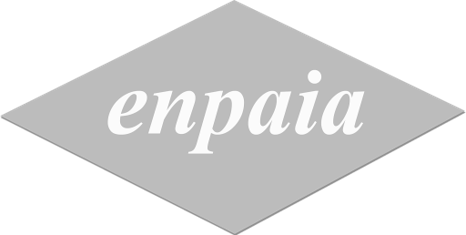 |
 |
 |
 |
 |
 |
 |
 |
 |
 |